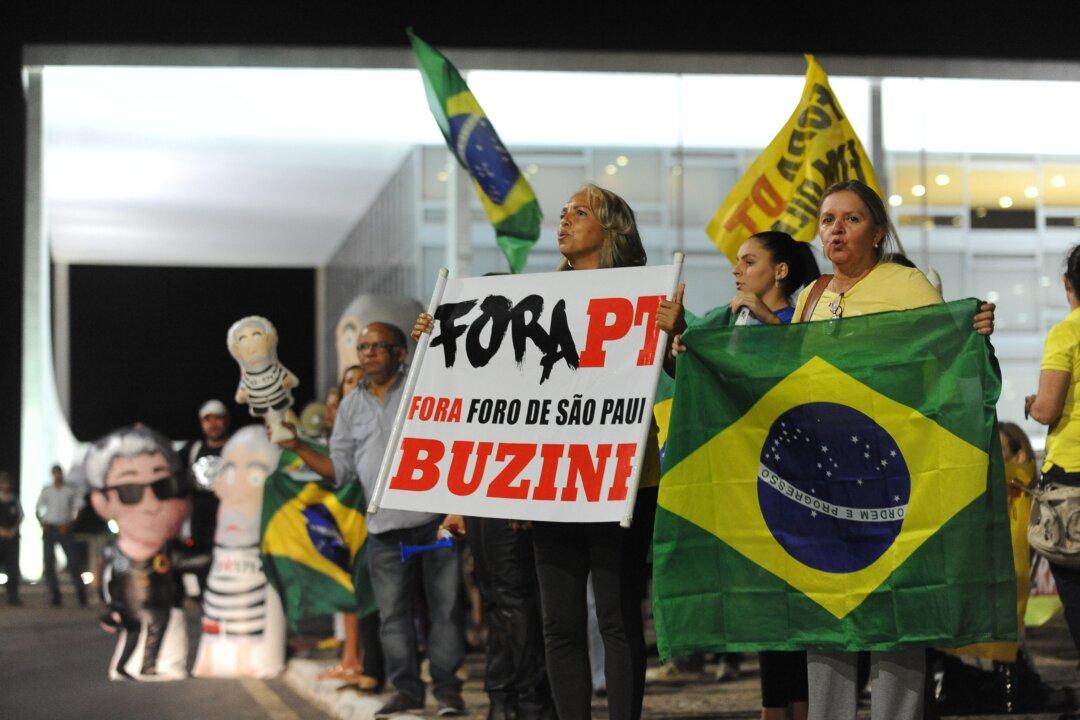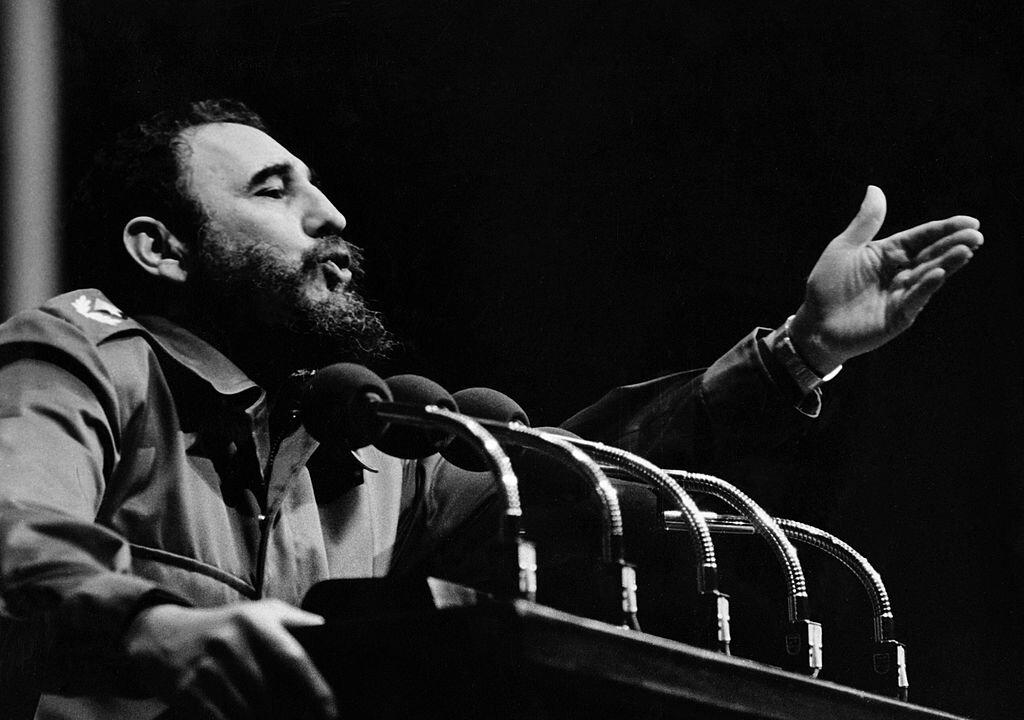Just when you think Brazil has turned the corner and rejected a corrupt political class, you find out the slate of presidential candidates for October’s national elections. The most popular candidate is an incarcerated criminal ex-president, with a further six charges pending. The precious couple of change-makers in the race have a near-zero chance of prevailing.
The cliche tells the tale: Brazil is the nation of the future and always will be. For all her enormous natural-resource wealth and cultural dynamism, that potential can never be realized, so long as thieves at the top destroy incentives for productive business and foreign investment.





